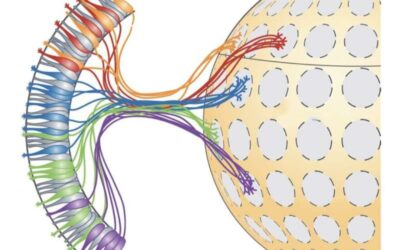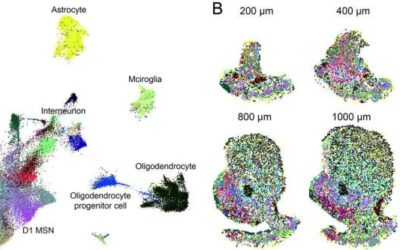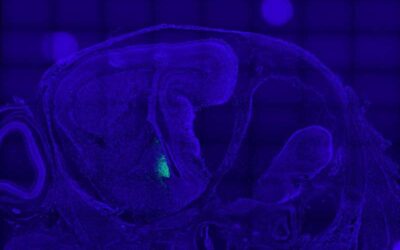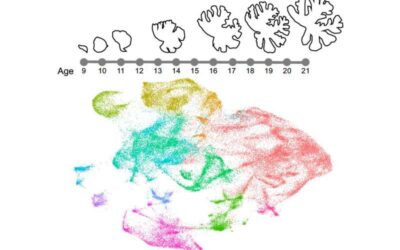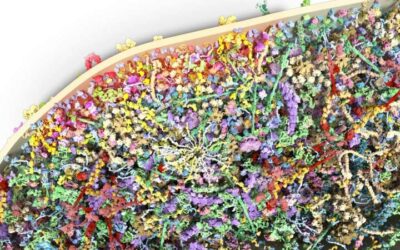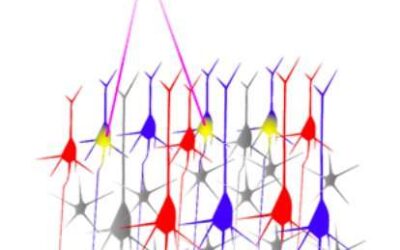Neuroscientists have been trying to understand how animals and humans process sensory information for several decades now. While their work has led to many important discoveries, many questions remain unanswered.
Medical Research
Researchers map mouse olfactory glomeruli using state-of-the-art techniques
Detecting odors and differentiating between them is an essential ability that helps animals to survive and interact more effectively with their surrounding environment. In mammals, odors are known to be initially processed by olfactory sensory neurons, a class of...
Study constructs a molecular and cellular taxonomy of the mouse nucleus accumbens
The nucleus accumbens (NAc) is an area of the brain known to play a key role in regulating a variety of reward-related behaviors, including appetitive and aversive responses, feeding, social interactions and some types of learning. Studies on both humans and animals...
Locally produced neurosteroids regulate the emerging reproductive neural circuitry in the embryonic mouse brain
The onset of puberty, the developmental stage at which adolescents reach sexual maturity, is known to be associated with the activity of a specific class of neurons, namely gonadotropin-releasing hormone (GnRH) neurons. Past neuroscience research revealed that while...
The first molecular map describing human cerebellar development
The cerebellum, a major structure in the human hindbrain, is known to be of central importance for enabling several motor functions, along with cognition, emotional regulation and language processing. Compared to the cerebral cortex, however, this structure is still...
A large-scale examination of the protein composition of dendritic spines
Dendritic spines, small membranous protrusions emerging from a brain cell's dendrite, help to transmit electrical signals to neurons. These spines can have a variety of different shapes, ranging from so-called "stubby" to "mushroom-like."
Neuroscientists identify brain circuit motifs that support short-term memory
Humans have the innate ability to store important information in their mind for short periods of time, a capability known as short-term memory. Over the past few decades, numerous neuroscientists have tried to understand how neural circuits store short-term memories,...


